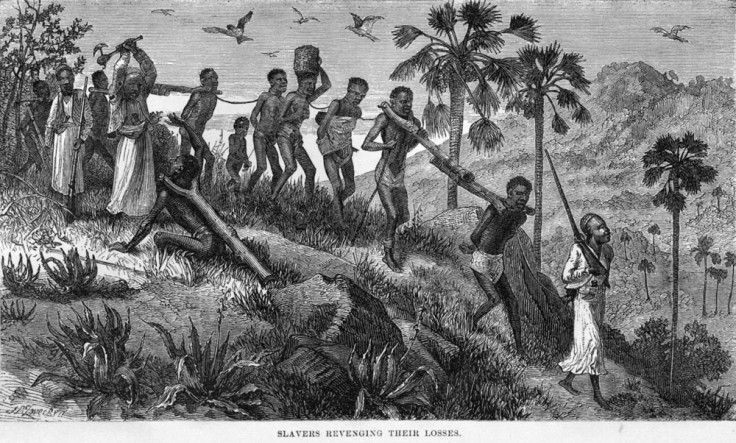Cambridge University gained 'significant benefits' from slave trade: Study
The university had decided to take a number of steps in a bid to right the historic wrongs.
The latest research by the University of Cambridge has found that the institution received "significant benefits" from the transatlantic slave trade.
The study was commissioned in 2019 by vice-chancellor, Stephen Toope. It reveals that the university colleges made considerable investments in companies heavily involved in slave trading.
Cambridge colleges received donations from investors who had stakes in colonial companies such as the Royal African Company, the South Sea Company, and the East India Company, which were involved in the slave trade at some point.
"Such financial involvement both helped to facilitate the slave trade and brought very significant financial benefits to Cambridge," noted the researchers.
The report further revealed that its famous Fitzwilliam Museum was "founded on money inherited from a governor of the slave-trading South Sea Company." However, it did not find any evidence to suggest that the university enslaved people or owned slave plantations.
"The research found no evidence that the university directly owned slave plantations or slaves. However, it identified significant benefits to the university and its colleges arising from investments in companies that were participants in the trade, from individual benefactors, and from fees derived from the families of plantation owners," the university said in a statement.
The university had decided to take a number of steps in a bid to right the historic wrongs.
Cambridge has decided to set up a dedicated centre to research the legacies of enslavement, deepen ties with universities in the Caribbean and Africa; and increase postgraduate scholarships for Black British students as well as those from Africa and the Caribbean, said the university.
"Having unearthed our university's links to an appalling history of abuse, the report encourages us to work even harder to address current inequalities – particularly those related to the experiences of Black communities," said Vice-Chancellor Stephen Toope.
Slavery in Britain existed even before the Roman occupation in the 11th century. Rich merchants and warlords would enslave and export Brits in large numbers. Though no legislation was ever passed in England that legalised slavery, British merchants were the driving force behind the Atlantic slave trade.
It is estimated that 2.3 million Africans were transported to British colonies to work as slaves between 1640 and 1807.
Britain abolished slavery in all its territories only in 1833 after the passage of the Abolition of Slavery Act. The British government had to pay £20 million to 44,441 owners for their lost "property." The sum was then equal to 40% of the UK's national budget.

© Copyright IBTimes 2024. All rights reserved.






